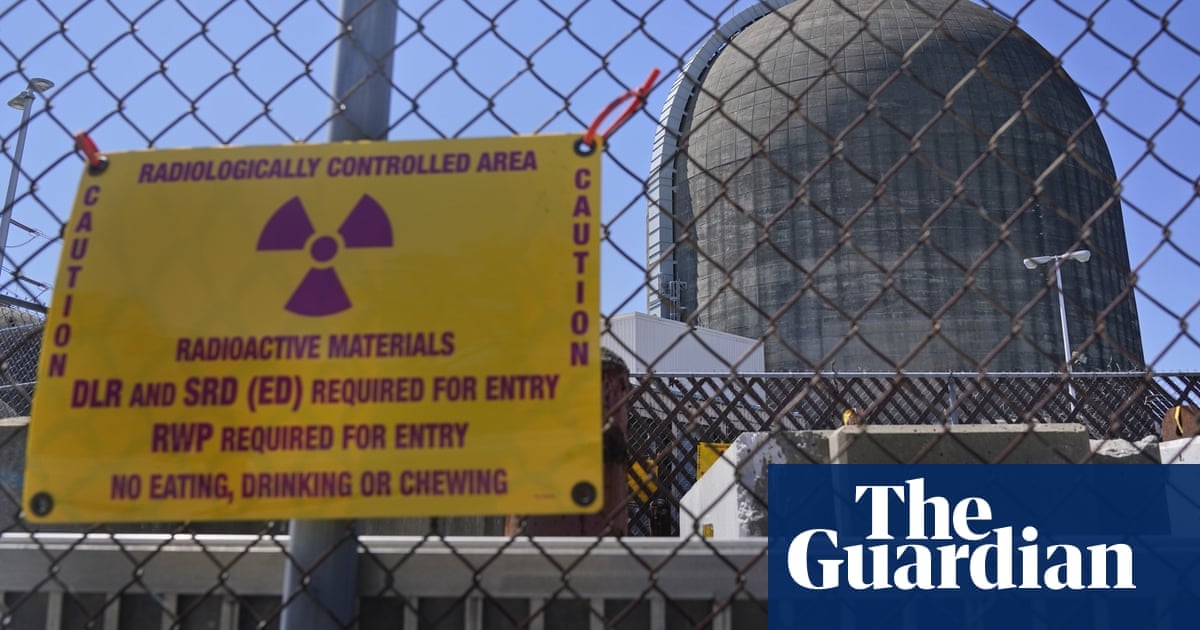Shuttering of New York facility raises awkward climate crisis questions as gas – not renewables – fills gap in power generation
When New York’s deteriorating and unloved Indian Point nuclear plant finally shuttered in 2021, its demise was met with delight from environmentalists who had long demanded it be scrapped.
But there has been a sting in the tail – since the closure, New York’s greenhouse gas emissions have gone up.
Castigated for its impact upon the surrounding environment and feared for its potential to unleash disaster close to the heart of New York City, Indian Point nevertheless supplied a large chunk of the state’s carbon-free electricity.
Since the plant’s closure, it has been gas, rather then clean energy such as solar and wind, that has filled the void, leaving New York City in the embarrassing situation of seeing its planet-heating emissions jump in recent years to the point its power grid is now dirtier than Texas’s, as well as the US average.



As someone who was vehemently pro nuclear, unfortunately we missed the boat. The time to invest heavy in nuclear was 50 years ago and instead we did the opposite. Renewables have caught up and nuclear is so far behind that it makes zero sense to build any new reactors when we can just build out more renewable power gen and battery storage for less money and without the whole nuclear waste handling problem.
Best time to plant a tree was 50 years ago. Second best time is now.
Battery tech isn’t there yet, the production isn’t green enough and the assurances aren’t there
A few years ago you would be right but we’re just about there, especially once sodium ion batteries become more mature which is definitely going to be a “next few years” thing, not a speculative maybe it’ll happen someday thing. There’s also ways to store power other than chemical batteries, like pumped storage hydro.